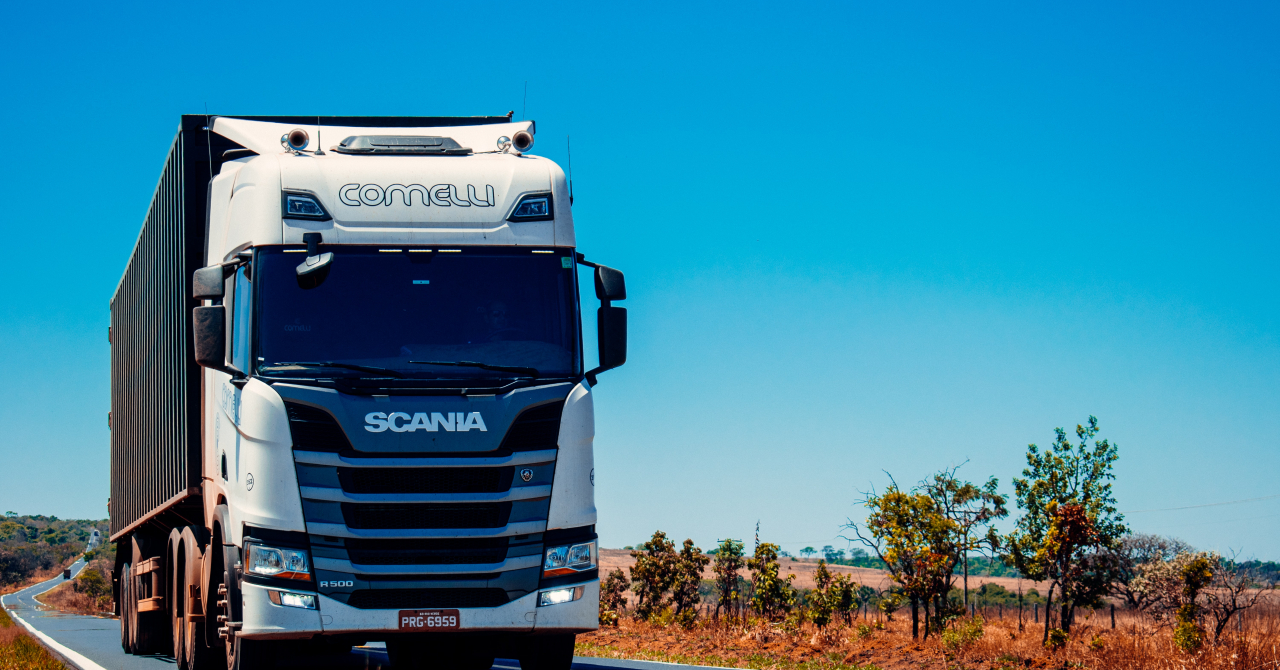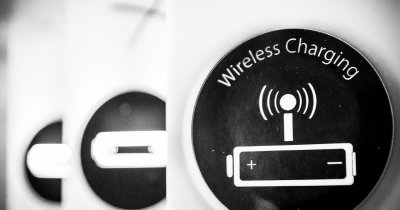According to Clean Tehnica, one of Scania's biggest advantages against the competition is the fact that the company's trucks are modular, meaning that they can be fairly easily adapted to meet the specific needs of customers.
Christian Levin, Scania President and CEO, said that "the lessons we are learning through the development collaborations with some of our most innovative customers are paving the way for the upcoming introductions in our electrification plan."
"Scania continues along its electrification roadmap journey to reach the set Science-Based Targets for CO2 reduction, in partnership with customers", he added.
Scania's next generation of battery-powered trucks will be based on the R or S sleeper cab platform, meaning that these will be best suited for long-distance transport.
“This introduction represents a major milestone for us and for our partners. These trucks are part of solutions that contain all the capabilities that a transport industry longing for electrification is asking for,” Levin added.
The new Scania trucks will be available in a rigid version or as a tractor-and-trailer and it can be equipped with refrigerated trailers for food transport.
The ranges vary, depending on the configuration and the weight of a transport, among other things, but for a 4X2 tractor with a six-battery pack that's traveling at 80 km/h constantly, customers can expect about 350 km between charges.
Initially, the new trucks will be available as a 4X2 tractor model or a 6X2 rigid variant.
Charging speeds will go up to 375 kW, which should provide some 270 to 300 km of range in an hour of charging.
The electric powertrain should be able to deliver a continuous 410 kW of power, about 560 hp.
 Mihai - Cristian Ioniță
Mihai - Cristian Ioniță












Any thoughts?